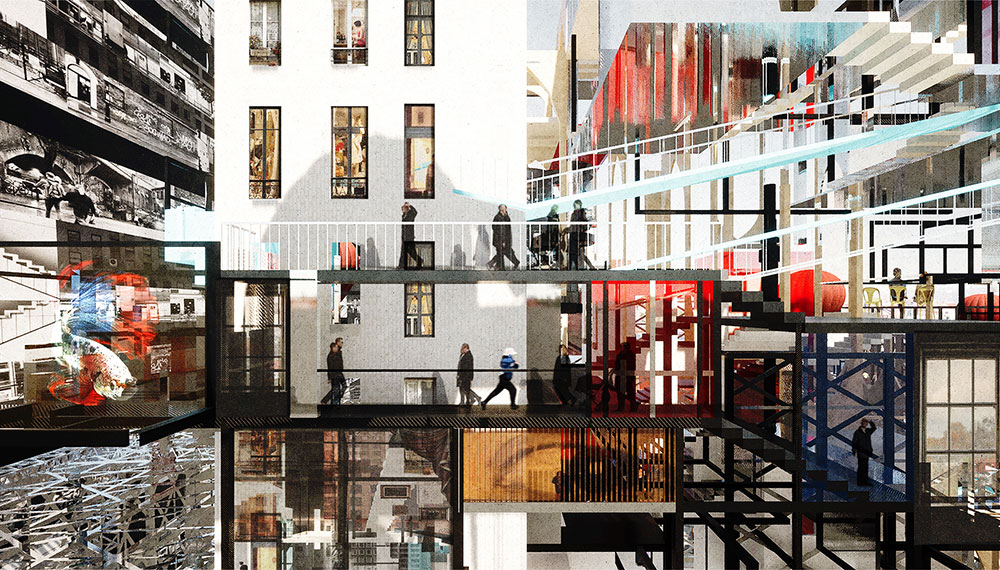&rchitecture (and) - ‘Rkee-tek-chuur’
The cost of living… in an unequal world
In the UK, one of the richest countries in the world, the increasing cost of living has become critical, but everywhere those with least are hit hardest. One third of UK children live in relative poverty; London’s wealthier residents’ enjoy 10 years longer lives than those in Glasgow and now ‘levelling up’ is proposed to avoid what ex PM Boris Johnson has called the ‘Geography of Destiny’. Billionaire philanthropist Bill Gates counters with some good global news: the proportion of people that live in absolute poverty has never been lower. However, access to clean water, electricity and basic health care is an increasing, daily, concern for over half of the world’s population. With urban areas also now home to the majority, making our cities more inclusive has never been more urgent.
&rchitecture explores how architecture, architects and citizens together can make cities more inclusive. We start with the differences between individuals and explore the intersection between wealth, health and geographic inequalities. For us, differences are at the heart of the human experience and creativity. We explore architectures with different ambitions, use different methods, and engage with different people. Across our BA and MArch cohorts, our students explore how their professional and personal behaviour can enable urban development and construction to be more inclusive, respond to diverse economic models, protect and produce public commons and, make sustainable and just use of materials and labour.


